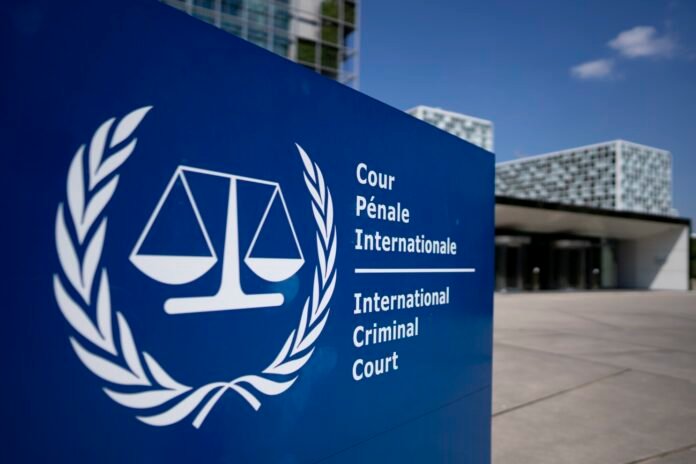Sanctions on ICC officials expand as the United States has announced new measures against four senior members of the International Criminal Court (ICC). The decision follows President Donald Trump’s executive order regarding ICC-related sanctions.
Secretary of State Marco Rubio confirmed the action on Wednesday. He said the sanctions target officials who pursued investigations against Americans and Israelis. The individuals named include Judge Kimberly Prost of Canada and Judge Nicolas Guillou of France. The list also features Deputy Prosecutors Nazhat Shameem Khan of Fiji and Mame Mandiaye Niang of Senegal.
According to the State Department, these officials supported ICC actions without the consent of the U.S. or Israel. Guillou approved arrest warrants for Israeli leaders. Prost authorized an investigation into U.S. personnel in Afghanistan.
Meanwhile, Khan and Niang allegedly continued to support such efforts since taking charge of the Office of the Prosecutor in May. Rubio stated, “We will hold accountable those responsible for the ICC’s baseless actions targeting our allies and our citizens.”
Furthermore, he accused the ICC of using lawfare and violating national sovereignty. He explained that the U.S. would respond with tangible consequences. Under these sanctions, the named officials face asset freezes within U.S. jurisdictions. Americans are banned from conducting business with them. Companies partly owned by the sanctioned individuals are also affected.
Additionally, the order prohibits any indirect transactions that attempt to bypass these restrictions. In response, the ICC issued a public statement condemning the sanctions. It called them “a flagrant attack” on an impartial international institution supported by 125 member states. The court also warned that the U.S. actions undermine the global legal order and the rights of victims worldwide.
Shortly, Sanctions on ICC officials expand under Trump’s directive, which denounces what it calls illegitimate ICC actions. The U.S. maintains it has never accepted ICC jurisdiction over its nationals. This latest step reflects Washington’s continued opposition to what it views as politically motivated legal proceedings.
Sanctions on ICC officials expand as tensions rise between the U.S. and international legal bodies over jurisdiction and sovereignty.
For more political updates, visit DC Brief.


